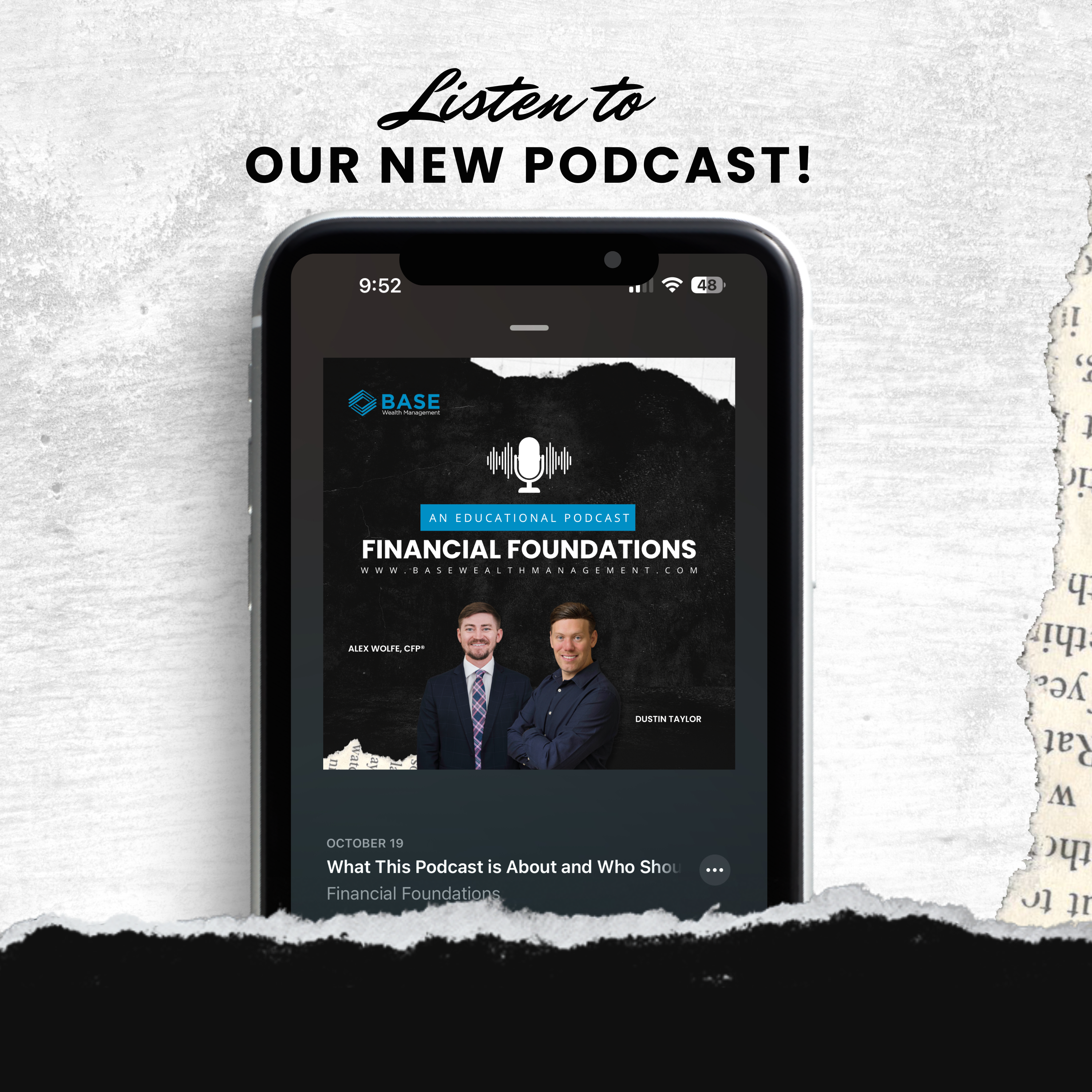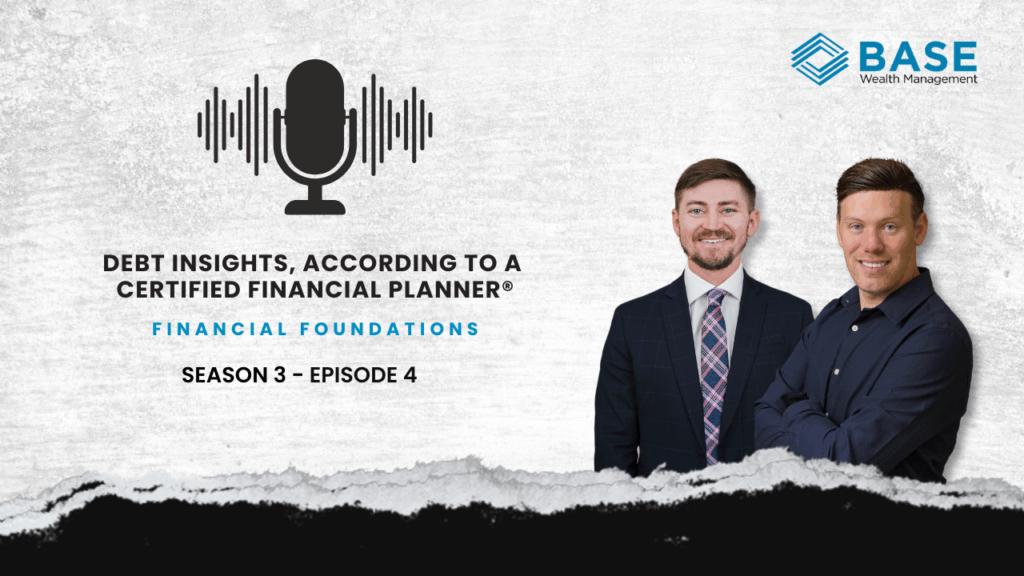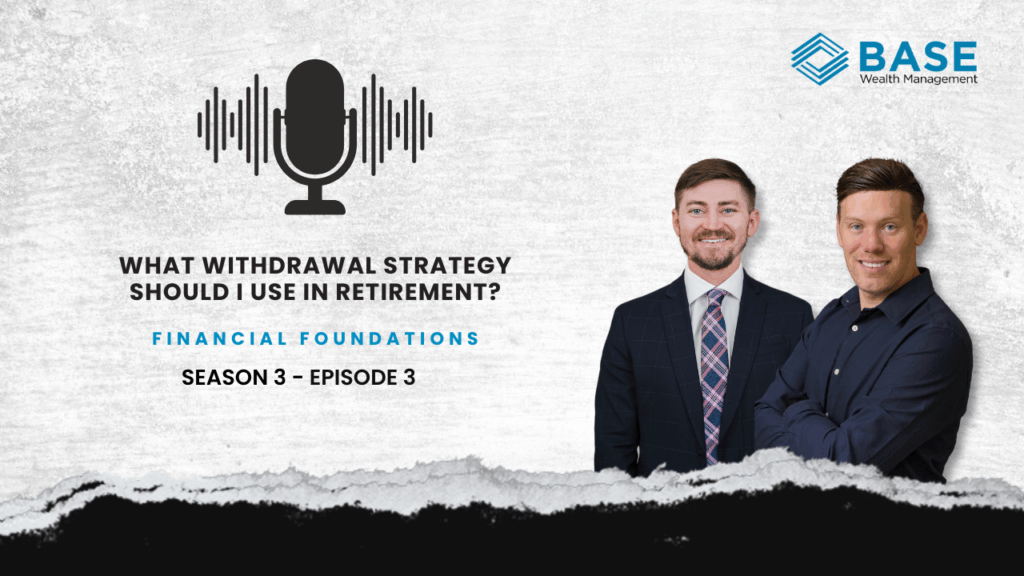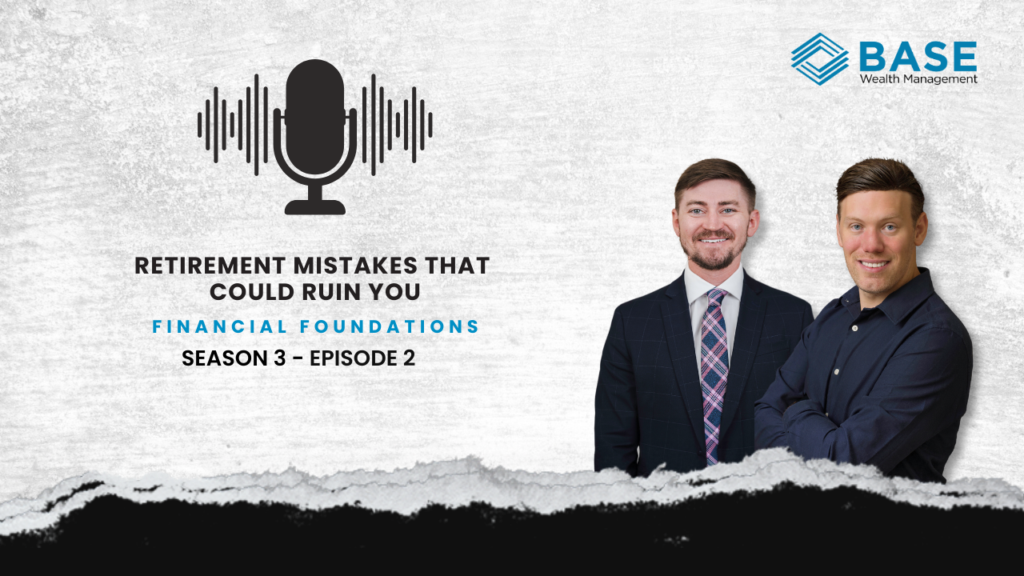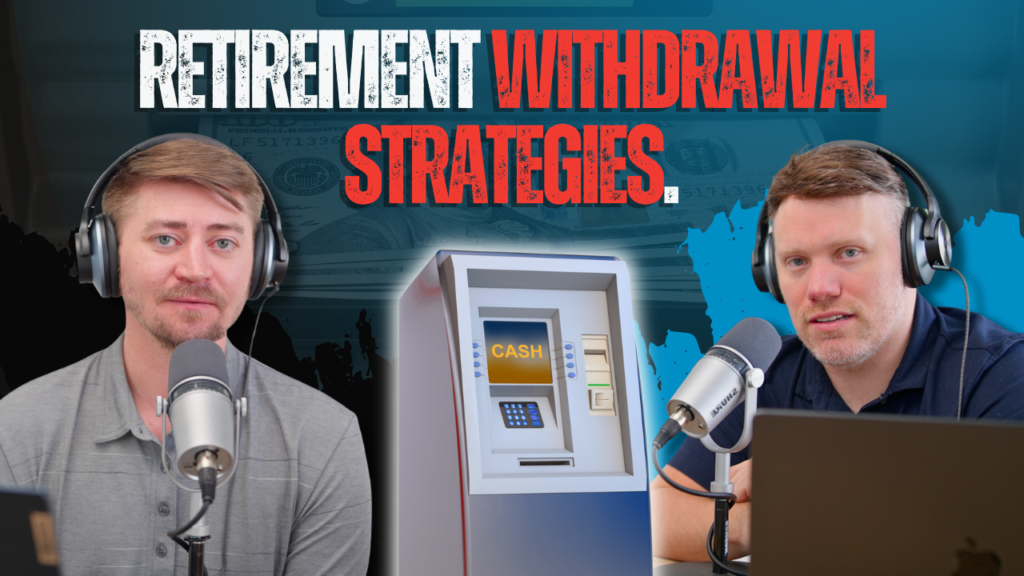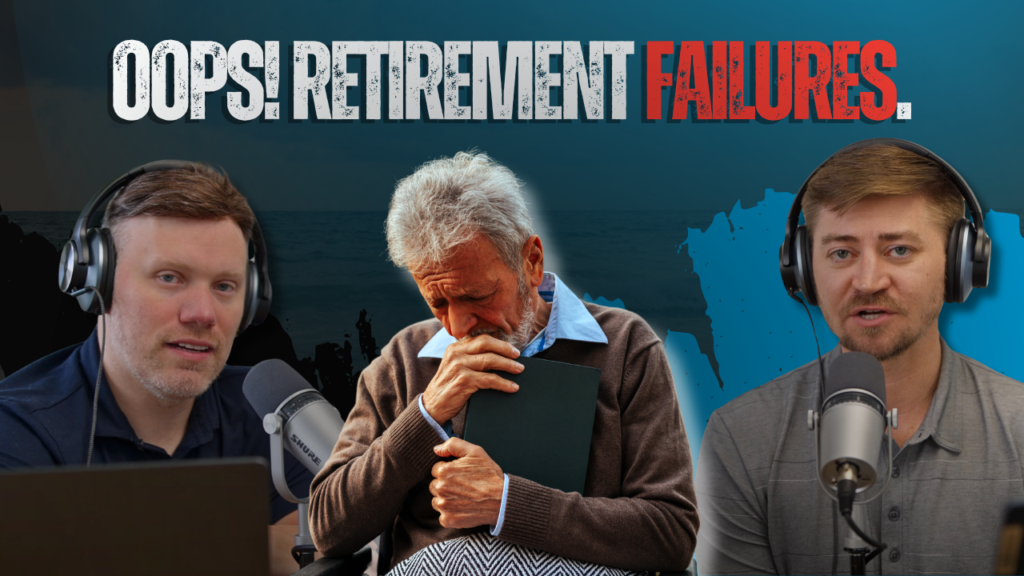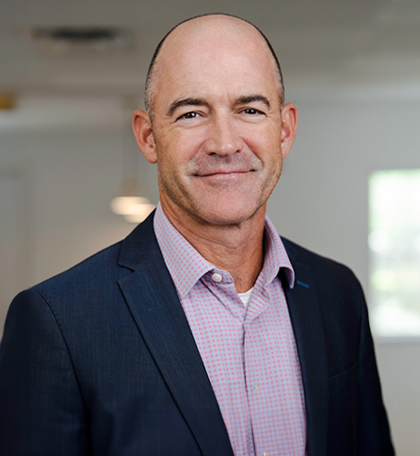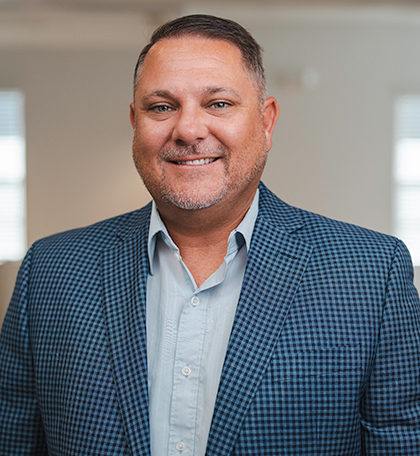We love real estate almost as much as we love stocks, bonds, ETFs, and Mutual Funds. Real estate can be fantastic for fighting inflation, and it rounds out an otherwise solid securities-based investment portfolio. Diversification, right? Plus, you don’t need your own money to invest in real estate. By utilizing leverage, you can purchase an investment property that you wouldn’t be able to otherwise, helping you build more wealth faster.
But there’s still one issue that is hard to avoid: capital gains that can severely alter your tax situation by bumping you up a bracket or increasing your AGI so much that you can’t take advantage of the numerous line item deductions that would otherwise be available to you.
Fortunately, we can defer capital gains taxes on investment properties until a lower income year – or forever – by using a 1031 exchange. The gist is simple. You sell an investment property for a profit, then use those funds to purchase another property of greater or equal value. You won’t owe any capital gains taxes on that profit when you file your tax returns – if you follow the rules, that is.
Fortunately, the rules are pretty easy to abide by. Here are the major ones:
- The property must be in the USA (kind of obvious).
- The property must be for commercial or investment purposes (no personal residences).
- The property you buy must be ‘like-kind,’ whose definition is fortunately pretty loose. More on that later.
- You CANNOT receive any of the cash from the sale of your property. It must be held in escrow by an intermediary. If any of that cash ends up in your own hands, you’re stuck with the tax bill.
Timelines
From the time of sale, you have 45 days to express your intent to purchase a specific property. You can even give a shortlist of a few properties you’re interested in, but you have to close on one of them eventually. If you decide to purchase a property not on the list – you’re stuck with the tax bill.
Then, you have to close on one of those properties within 180 days of the sale of your property. Not from the day you express interest. If you take over 180 days to close, you’re stuck… well, you know the drill.
Like-Kind Properties
Let’s go back to that ‘like-kind’ statement. It’s surprisingly easy to qualify as like-kind. Even in the IRS 1031 factsheet, it helpfully states that:
“Both properties must be similar enough to qualify as “like-kind.” Like-kind property is property of the same nature, character, or class. Quality or grade does not matter. Most real estate will be like-kind to other real estate. For example, real property that is improved with a residential rental house is like-kind to vacant land.”
So, what does that mean? Well, it explicitly says, ‘most real estate will be like-kind to other real estate,’ so let your imagination run wild (with the help of a real estate professional and attorney present).
So, besides the tax benefits, what are the other benefits of a 1031 exchange?
Estate planning
As I said earlier, you may never have to pay those taxes on your capital gains, though they may just become estate taxes if your estate is large enough to be taxed. If you never sell that second piece of property you purchased in the 1031 exchange, the IRS can’t tax those gains. When you pass away, the property will be taxed as part of your estate, but your beneficiaries won’t be expected to pay a tax they didn’t incur.
Selling a second home
Yes, I know I said the property must be for investment or commercial use only. That means you can’t use a second home in a 1031 swap. However, if you turn that second home into a business, such as an AirBnB, and rent it out for a period, you can use it in a 1031 exchange and defer the capital gains tax. Of course, strict regulations apply.
You have to rent it out for 14 or more days in the year before the sale and not personally utilize it for more than 14 days or more than 10% of the days you rented it out, whichever is greater.
For example, let’s imagine that you rent out the property for all of January through June (180 days) and use the property yourself for 16 days. In this case, your personal use doesn’t exceed 10% of the time the property was rented, qualifying it for a 1031 exchange.
Purchasing a home
Again, same deal. You actually may be able to buy that Lakewood Ranch home you’ve always dreamed of through a 1031 exchange, but you can’t move in right away. Instead, you’ll need to purchase it as an investment property and rent it out before converting it to a personal residence. Unfortunately, the minimum holding period isn’t defined in the tax code, but renting it out at fair market value for at least a year is suggested. Then, you can safely move in and preserve the capital gains tax deferral from the sale of the first property.
Furthermore, there is a “5-year rule” saying if you purchase an investment property in a 1031 exchange and then later want to sell it as your primary residence, you must have owned the property for at least five years before you can take advantage of the primary residence exclusion for capital gains tax.
Things to beware
1031s aren’t always rosy – you need to know what to watch out for.
Depreciation Capture
When you own a property, you can reduce your yearly taxes by deducting a bit of the property’s value, called a ‘deprecation deduction.’ This is because the property is expected to wear out or “depreciate” over time.
When you sell that property, the IRS says, “Hey, you’ve been reducing your taxes all this time with the depreciation deduction. Now that you’re making money from the sale, we want some of that money back.” This is known as depreciation recapture, increasing the tax you must pay when selling.
When you execute a 1031, the IRS treats the new property as if it were the old one for tax purposes.
So, when it comes to depreciation, you just keep deducting like before, as if you still owned the old property. This way, you don’t have to immediately pay the IRS back for the depreciation deductions. This ‘payback’ is delayed until you sell the new property and don’t replace it with another one.
Boot
If there are any funds leftover from the transaction, that is considered ‘boot’ and is regarded as taxable capital gains income.
For example, imagine you purchase a piece of property for $200,000, sell it for $300,000, and buy another property for $400,000, using a mortgage to cover the $100,000 difference. In this case, there is no ‘boot.’
But instead, let’s imagine that after selling that first property for $300,000, you then purchase a $250,000 property. You have a $50,000 difference between the purchase and sale price of those two properties. That’s the boot, and you’re on the hook for those taxes.
Debt Reduction (Mortgage Boot)
This one is a bit more tricky. The IRS also considers any debt attached to a property as value. When executing a 1031, if the mortgage attached to the property you sell is larger than the new mortgage from the new property, that difference is actually considered a profit, and you owe the tax accordingly.
In Conclusion
1031 exchanges can be beneficial as part of a comprehensive investment, tax, and estate planning strategy. However, they can be complicated to set up, execute, and factor into your overall financial picture.
As financial and real estate experts, Base Wealth Management would be happy to consult you on your particular financial situation. Just click the button below to set up an appointment.









